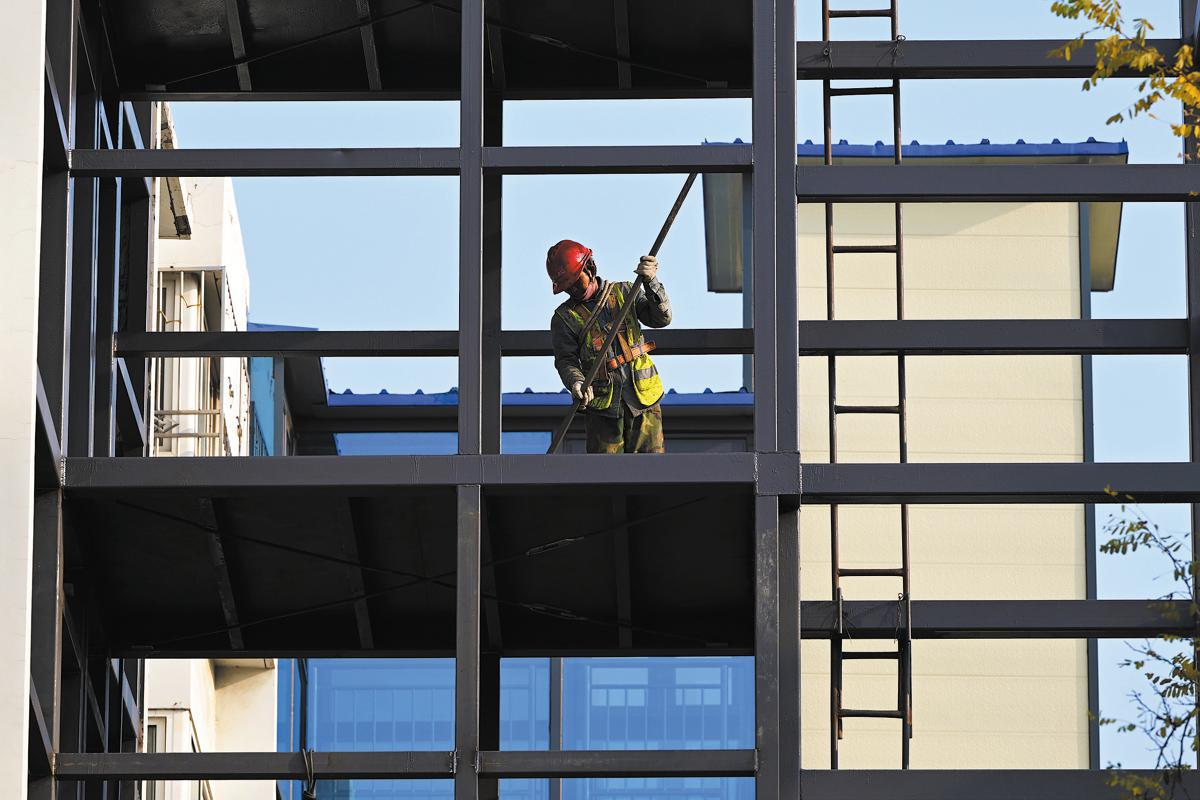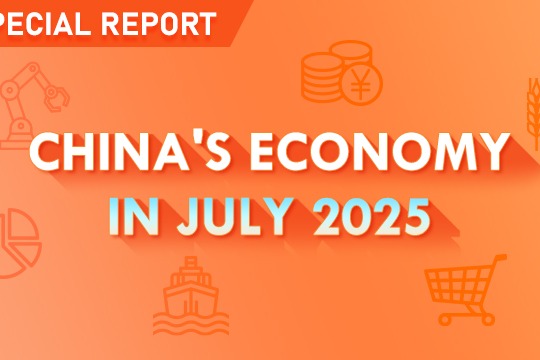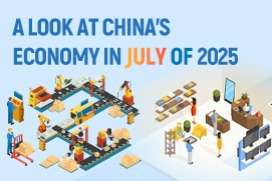More steps afoot to boost property sector
Renewal projects to see effective investment shore up domestic demand


China will roll out more stimulus measures to push urban renewal projects this year in a bid to scale up effective investment and shore up domestic demand in the face of rising global uncertainties, analysts said.
As the world's second-largest economy has put boosting domestic demand high on its economic work agenda this year, the urban renewal initiatives, which will leverage public funding and private capital, will effectively drive investment — a key component of domestic demand, they added.
The country will accelerate the transformation of aging residential neighborhoods, industrial areas and urban villages, as well as strengthen underlying urban infrastructure, the State Council, the country's Cabinet, said on Friday during the first executive meeting of 2025.
By the end of this year, China aims to complete the renovation of old urban residential communities built before the end of 2000, said the Ministry of Housing and Urban-Rural Development in late December during its annual work conference.
The country is also scheduled to complete the renovation of aging gas pipelines that have been identified, and eliminate stagnant bodies of water in county-level cities in 2025, as outlined during the meeting.
Prior to the December meeting, Minister of Housing and Urban-Rural Development Ni Hong said in October that the country plans to renovate an additional 1 million units in run-down urban villages or properties identified as dilapidated, with measures including providing monetary compensation to residents.
Later in November, the country's policymakers expanded the scope of urban village renewal initiatives. What was once limited to 35 major cities has now been extended to 300 urban areas nationwide.
The renovation of 1 million such units is expected to help clear 200 million square meters of commodity housing inventory through monetary compensation, housing vouchers and government-led acquisitions of existing commercial housing units for resettlement purposes, said Xia Lei, chief analyst at Sealand Securities.
Moreover, by repositioning land in certain urban villages, the government aims to better align redevelopment with evolving market needs, unlocking an estimated 500 billion yuan ($68.3 billion) in construction investment, Xia said.
Eligible urban village redevelopment initiatives will have access to a range of policy support measures, including local government special bond financing, special-purpose loans from policy banks, as well as relevant tax and fee incentives, according to government authorities.
Earlier last year, the Ministry of Finance announced the first batch of 15 cities selected to receive central government financial support for urban renewal projects to begin in May 2024.
Cities in eastern China will receive up to 800 million yuan in total central government assistance, while those in central and western regions, as well as the country's four municipalities, will be eligible for up to 1 billion yuan and 1.2 billion yuan, respectively, according to the funding standards.
In addition to government-backed financial support, the State Council also places a high premium on improving market-based financing models to attract greater private sector participation in the country's urban renewal initiatives.
Given the sheer scale, lengthy implementation timelines and complex planning requirements of these urban renewal projects, the traditional model of relying solely on government-driven fiscal support is simply not sustainable over the long run, said Su Jian, director of the National Center for Economic Research at Peking University.
Over the next five years, underground plumbing and wiring alone will require a total investment of around 4 trillion yuan, with an estimated 600,000 kilometers of aging gas, water and heating lines in need of upgrades, said the National Development and Reform Commission in September.
To ensure the viability and scalability of these renewal efforts, it's imperative to focus on mobilizing a diverse array of stakeholders and funding sources, with the government playing a crucial role in unleashing market dynamics, Su said.
The key is the careful selection of urban renewal projects that offer investors clear avenues for reasonable returns. This could include the redevelopment of aging residential compounds, the construction of toll roads, and other initiatives that can generate predictable revenue streams and attractive investment returns, Su added.
wangkeju@chinadaily.com.cn




































